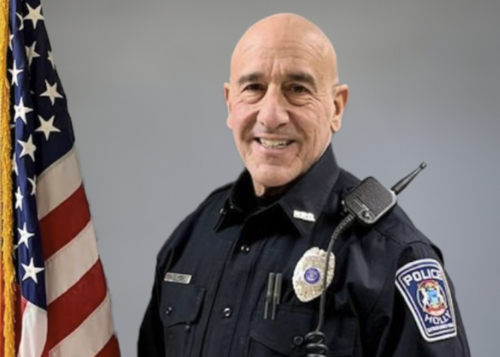First of three parts. Sunday: Excerpt from her first novel, set in Detroit.
Detroit's climb back from bankruptcy and neglect reminds novelist Angela Fournoy of something close to home, as she relates in a New York Times essay about childhood visits to her father's old east side neighborhood.
"The word 'depressing' came to mind," she recalls of an early 1990s rental car tour when she was 7 or 8, living in Southern California with her mother after her parents' divorce. "I was a child then, yet I already used the language I’d later hear from outsiders who spoke about the city."
Flournoy, now 30 and living in Washington, D.C., graduated in 2007 from the University of Southern California. She's earning strong reviews for her first book, "The Turner House," which came out last month and which she promoted in Detroit at the Scarab Club on April 26 and Pages Bookshop on April 30.

Angela Flournoy, reading two weeks ago at Pages Bookshop on West Grand River. "My desire to learn more about the city’s history was tied to my need to make sense of my father," she writes in The Times.
(Photo by Pages Bookshop)
Her essay, headlined "Detroit’s Recovery, and My Dad’s, Too," will appear in the newspaper's Sunday Review section and is posted online in advance. Excerpts:
I returned to Detroit throughout my childhood, and more frequently as an adult when my grandmother’s health failed. The city found its way into the center of my first novel. As I completed the final draft, I realized that my desire to learn more about the city’s history was tied to my need to make sense of my father. Both had been in need of rehabilitation for some time, and in understanding one, I came to better appreciate the other. . . .
I feel protective of the city of Detroit, the city that raised him.
After her dad overcame a health problem in his late 50s and "quit drinking for good," Flournoy, writes, "his recovery was a shock to me; sometime in my early 20s I must have convinced myself that he would never manage it.
Curious things happen when people begin to pull themselves out of a rut. Some friends and family members will say they always knew things would turn around. Some will take credit. For others, the memory of the way the person was before, the slights, the insults and the sheer embarrassment of witnessing someone so low will always be what they remember. . . .
In the circles where the city is once again desirable, everyone but longtime Detroit residents gets credit for the rejuvenation. In the circles where the city is seen as mired in disrepair, I try to take the same tack I do in conversations about my father: It might not look like the improvement people expect, but that doesn’t mean it isn’t improvement. I remind them that even through its toughest years, good things have been happening in Detroit. Even as my father struggled with his demons, he was a teacher, working with young people throughout Los Angeles.
When I visit Detroit by myself, I usually spend some time mimicking my father, driving around the east side, hoping this or that building has stuck it out. They often have not, and in their places are more of the empty lots that I saw as a child. As an adult, I am not depressed by the sight of them. I know better than to write off the possibility for renewal because it moves at a slower pace than I’d like.
-- Alan Stamm
Coming:
- Sunday: Excerpt from "The Turner House" and a summary of national reviews.
- Monday: Angela Flournoy recalls "affronted disbelief" at the Detroit Institute of Arts.










